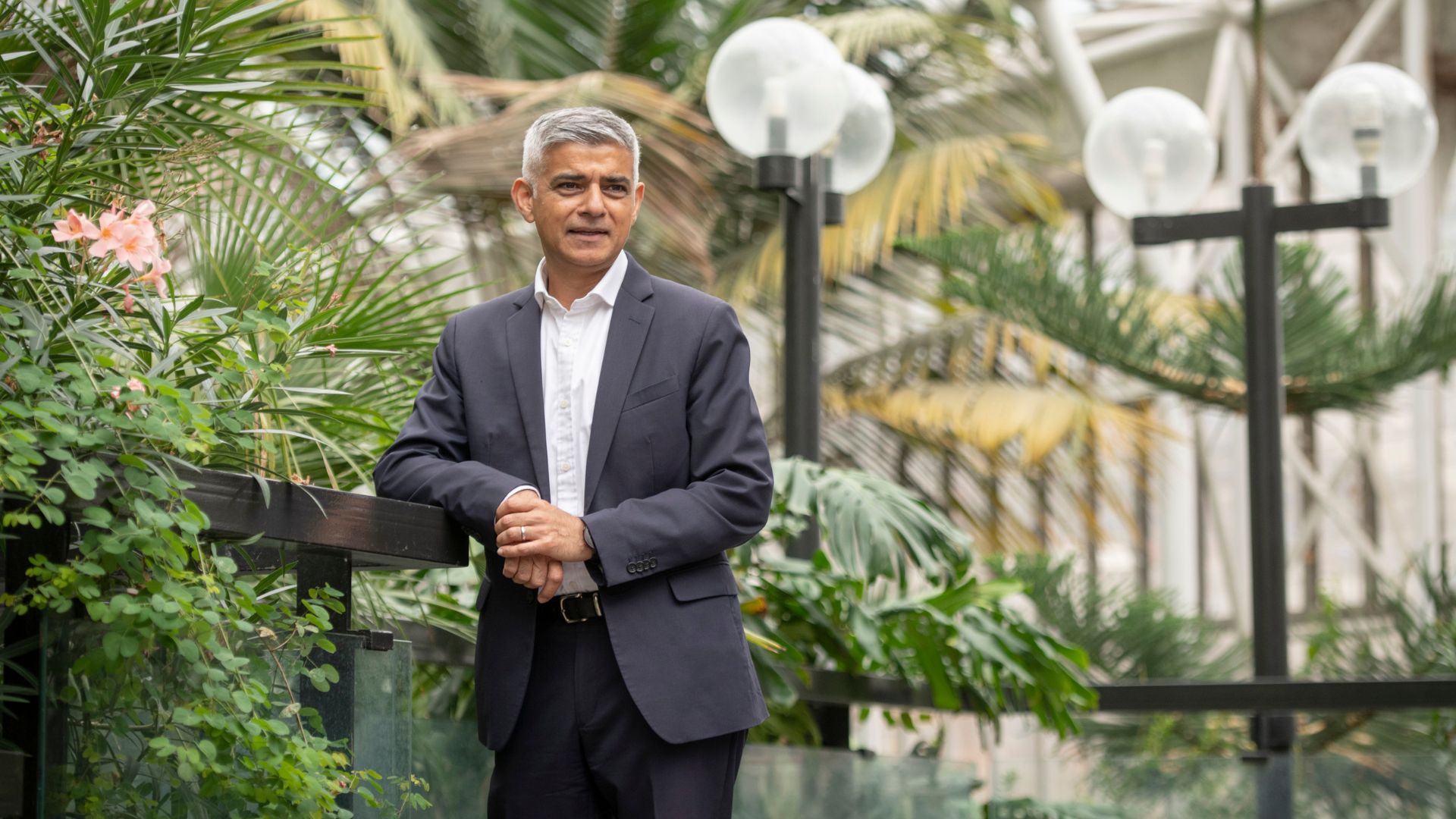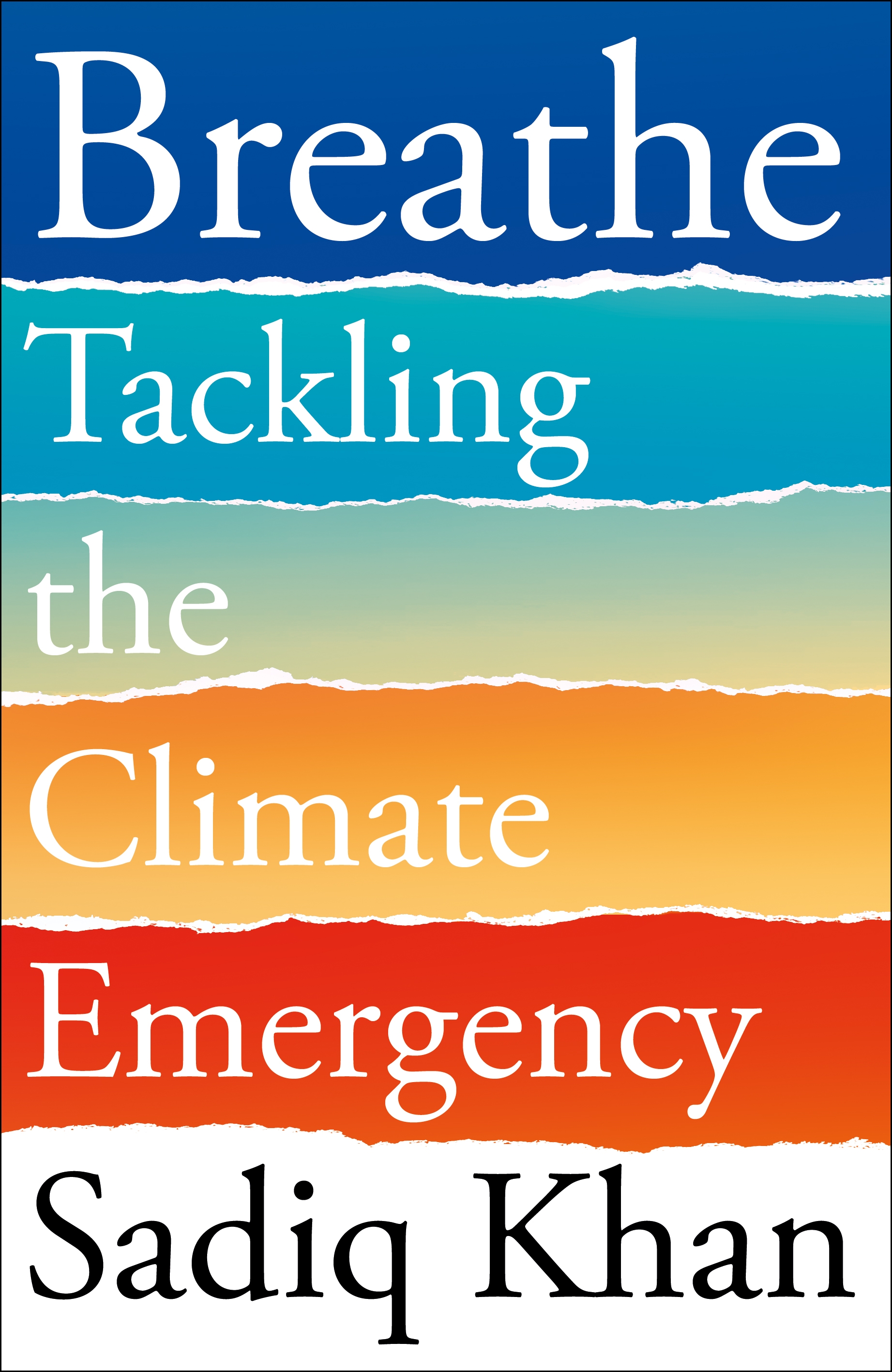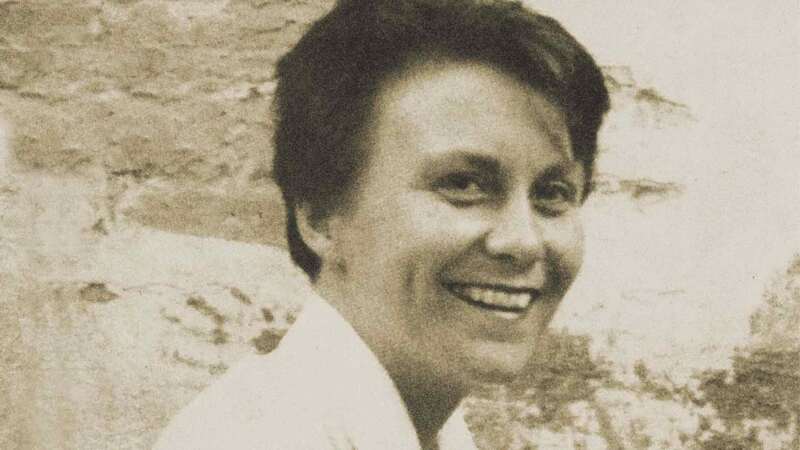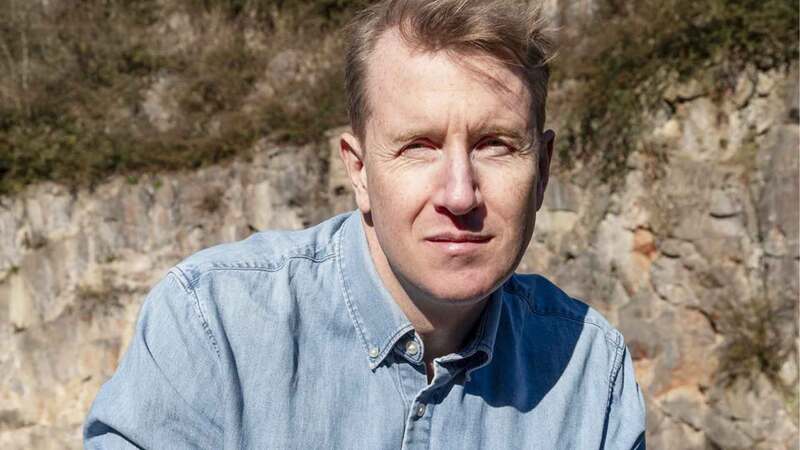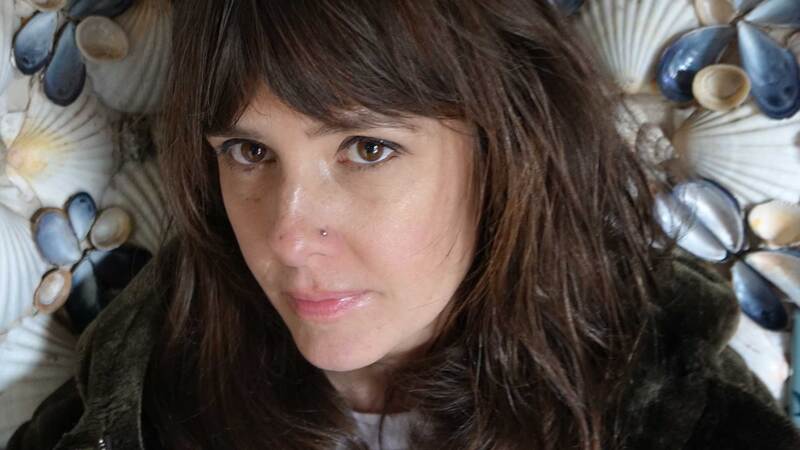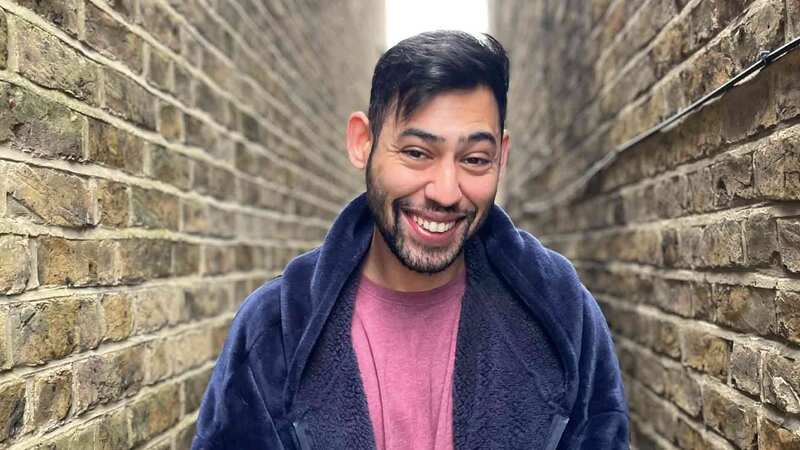You are viewing your 1 free article this month. Login to read more articles.
Sadiq Khan on the need for action to protect our planet, and cities, from climate change
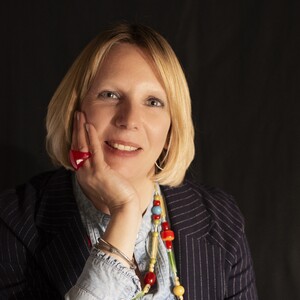 Caroline Sanderson
Caroline SandersonCaroline Sanderson worked as a Waterstones bookseller, and as a book publicist before becoming a freelance writer in 1997. The B ...more
Mayor of London Sadiq Khan explains how a diagnosis of asthma spurred him to environmental action.

Caroline Sanderson worked as a Waterstones bookseller, and as a book publicist before becoming a freelance writer in 1997. The B ...more
"We can either be the first generation that gets it, or the last generation that doesn’t.”
In the lounge of a hotel in Royal Victoria Dock, close to his City Hall HQ, Sadiq Khan, Mayor of London, is talking about his first book, Breathe: Tackling the Climate Emergency. Dedicated to his two daughters, this rousing manifesto tackles seven obstacles to environmental action, including “Fatalism”, “Apathy” and “Cynicism”, showing how he has sought to overcome them since becoming Mayor in 2016.
On the day of our interview lands the announcement that wood burners are to be banned in new and refurbished homes across London, in order to reduce air pollution. But Khan’s boldest and perhaps most debated measure to clean up the capital’s air is the Ultra Low Emission Zone (ULEZ), in which drivers of vehicles that fail to meet certain emissions standards must pay a daily fee. First rolled out across central London in 2019, the ULEZ was expanded in 2021, and at the end of August 2023 is due to be extended again to cover all 32 London boroughs. Against a backdrop of hostile daily headlines (“The outrageous charade behind Sadiq Khan’s ULEZ plan” fumed the Telegraph recently), it is perhaps no wonder that Khan decided to write a book to set out the mission that lies behind his policies. “The joy of a book is that you can really develop the arguments; you can explain the journey,” Khan tells me. “But I wanted to make it accessible. Most of us have read politicians’ books that are boring, self-serving and egotistical. I wanted to avoid that and just try and be a human who also happens to be a politician.”
When it came to the issue of London’s air, we realised we had to bring about change without delay in order to reduce premature deaths
And indeed Breathe, written in the evenings and at weekends, is as much about Khan’s personal transformation into a human set on tackling the climate crisis as it is about his political career. In his former life as a lawyer, and then as Labour MP for his beloved Tooting, Khan drove a Land Rover Discovery, “a huge, gas-guzzling vehicle that spent almost its entire life being driven around the capital”. While an MP, Khan also voted for a new third runway at Heathrow. He writes in Breathe that in those days he considered climate change “a ‘tomorrow’ issue rather than a ‘today’ issue”. Then in 2014, he was persuaded to compete in the London Marathon, and after successfully completing the race—and feeling both fitter and lighter—he continued his running. He soon found himself wheezing and struggling to breathe, and in the run-up to the 2015 general election, his performance in radio interviews was undermined by constant throat-clearing.
A visit to the doctor brought a diagnosis of adult onset asthma, attributed mainly to more than four decades of breathing polluted city air. Khan was incredulous. Then after becoming Mayor of London in 2016, he learned of the tragic case of nine-year-old Ella Roberta Adoo-Kissi-Debrah. Suffering one of the worst cases of asthma ever recorded in the UK, Ella, from south London, died in 2013 following a seizure. Almost eight years later, after tenacious campaigning by her mother Rosamund, a coroner concluded that toxic air had played a role in her demise. Ella became the first person in the UK to have “air pollution” listed as a cause of death, but her case had already convinced Khan that such pollution was harming Londoners “right here and right now”.
Making a U-turn
I say to Khan that I was struck, on re-reading the book, how quickly his mind was entirely changed on climate change. “Well even before my diagnosis I was a parliamentarian who was frustrated about how difficult it is to bring about meaningful change. I was thinking about how I could be a changemaker and about what the point of having power is—what is it I want to do? When it came to the issue of London’s air, we realised we had to bring about change without delay in order to reduce premature deaths”. In the book—all royalties from which will go to charitable causes—Khan quotes the World Health Organisation’s statement that air pollution is now a public health emergency, responsible for nine million early deaths every year, with a staggering “99% of the global population breathing toxic air”.
But across the globe, mayors are leading the way in taking action to solve the problems citizens are facing. We are the doers
As he begins his campaign to be re-elected for a third term in the London Mayoral elections in May 2024, Khan is keen to highlight his belief that climate change does not have to be “political kryptonite”. “The case for tough action on the environment is one that concerned citizens, activists and politicians can win”, he writes in Breathe. This aspect of the book gives Breathe a reach well beyond London and no doubt prominent display in the capital’s bookshops. Khan—who in 2021 was elected chair of C40 Cities, a global organisation which advocates for the role of cities in addressing the climate crisis—hopes Breathe will also spur people elsewhere to become active citizens in the fight. “Because wherever you live, the issues in the book are either affecting you now, or will be coming to you very soon.”
By structuring the book around seven obstacles to change, Khan also hopes to provide tools for activism when it comes to other pressing social issues. “It could be rural poverty, it could be child poverty; whatever it is, you meet the same obstacles. People around the world are quite depressed about the lack of action from politicians—our presidents and prime ministers have been letting us down for some time. They are the delayers. But across the globe, mayors are leading the way in taking action to solve the problems citizens are facing. We are the doers. By telling this story, I want to give hope to those who think things never change. Because they do. Across London, the air is improving and lives are being saved”.
Extract
Asthma made me think again. After my trip to the doctor, I began to notice the cars idling outside schools and
the exhaust fumes streaming out of the cars in gridlocked traffic—as well as the wildfires on the news that had begun to rage across Europe as a result of increased temperatures. Environmental problems weren’t just causing problems ‘out there’; they had just given me asthma, here in London. This wasn’t just a climate crisis.
It was a health crisis.
Early in our interview, I can’t resist telling Khan that as a former Tooting resident, my vote in the general election of May 2005 helped elect him MP of the constituency where he was born and still lives. As we wrap up the interview, he says: “One of the things Tooting is famous for is the television sitcom ‘Citizen Smith’. ‘Power to the People’, right? I’m hoping this book shows the power that ordinary people do have.”





